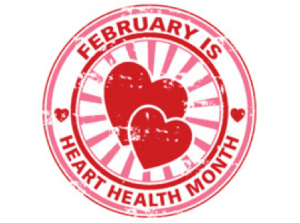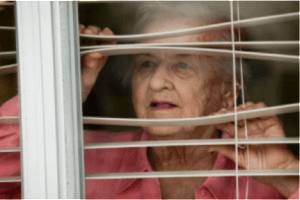Heart Health Awareness
Heart Health Awareness

February is diet that is rich in fruits and vegetables
- Get your cholesterol checked at least once a year
- Exercise 30 to 60 minutes a day, four to five days a week
- Avoid cigarette smoking and tobacco use
- Limit alcohol intake
- Monitor your blood pressure
- Watch your waistline
- Take prescribed medication as scheduled
- Meet regularly with your healthcare providers
- Don’t skip medical appointments and screenings, including your 6 month dental check-ups
As you embark on your journey for a healthier heart, bear in mind the following to make the process more manageable:
- Partner up. Ask friends and family to join you. Keep one another motivated and you’ll achieve better results.
- Don’t become overwhelmed; remember to take it one step at a time.
- Choose fun things to do to decrease your stress levels.
- Reward yourself often, to keep from becoming discouraged.
The American Heart Association recommends that the best course of action is to get regular check-ups and know your risks. Women often neglect getting themselves checked, as they tend to be the caregiver, but self-assessment is imperative for prevention. If you are concerned about your heart health, contact your physician today and start making the necessary lifestyle changes as soon as possible.


